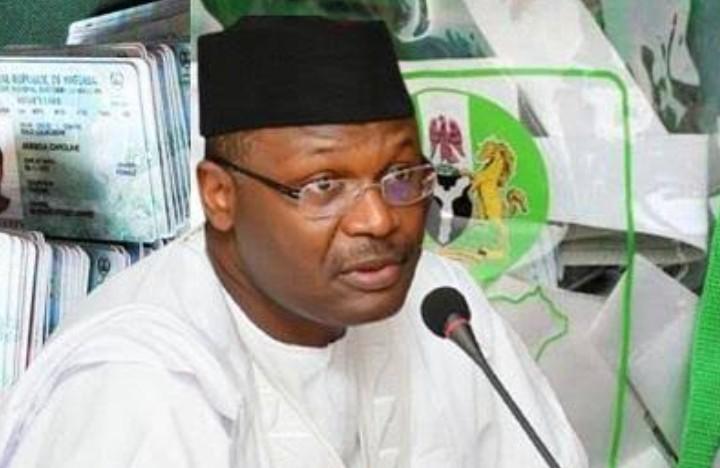The Independent National Electoral Commission (INEC) has announced that the law does not make it compulsory for it to transmit the 2023 presidential election results electronically.
INEC made the submission in response to a petition by the Action Peoples Party (APP) before the Presidential Election Petitions Court (PEPC) in Abuja challenging the outcome of the 2023 presidential election.
The APP had approached the tribunal to challenge the victory of the All Progressives Congress (APC) candidate, Bola Tinubu in the February 25 election as declared by INEC on the basis that the electoral umpire failed to transmit results electronically and this contradicts the provision of the law.
The APP had alleged that INEC breached its own laws and guidelines.
But INEC, through one of its lawyers, Abubakar Mahmoud (SAN), insisted that the 2023 presidential polls were free and fair, adding that the Electoral Act does not mandate the electronic transmission of results.
“The election was free, fair, credible and in compliance with the constitution and the Electoral Act, 2022 and other relevant laws and guidelines,” INEC stated in one of the documents before the tribunal.
The commission added that “There was no collation system of the 3rd respondent (INEC) to which polling unit results were required to be transmitted by the presiding officers…the prescribed mode of collation was manual collation of the various forms EC8A, EC8B, EC8C,EC8D and EC8E in the presidential election.”
Why results were not uploaded directly?
INEC also dismissed allegations that its officials doctored results to favour a particular political party’s candidate or that there was over-voting.
The commission explained that the online result viewing portal had some challenges on election day and became erratic at the point of collation which forced its Information and Communications Technology (ICT) team to adopt an alternative while working to rectify the problem.

